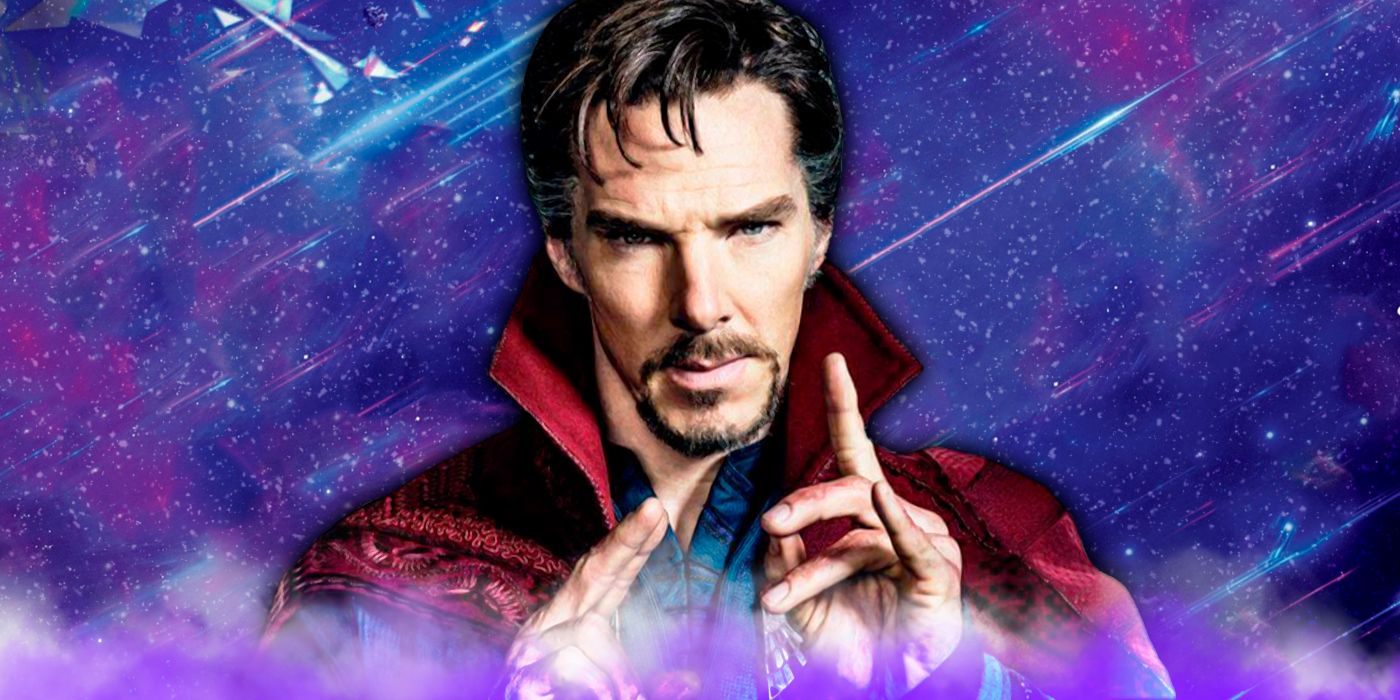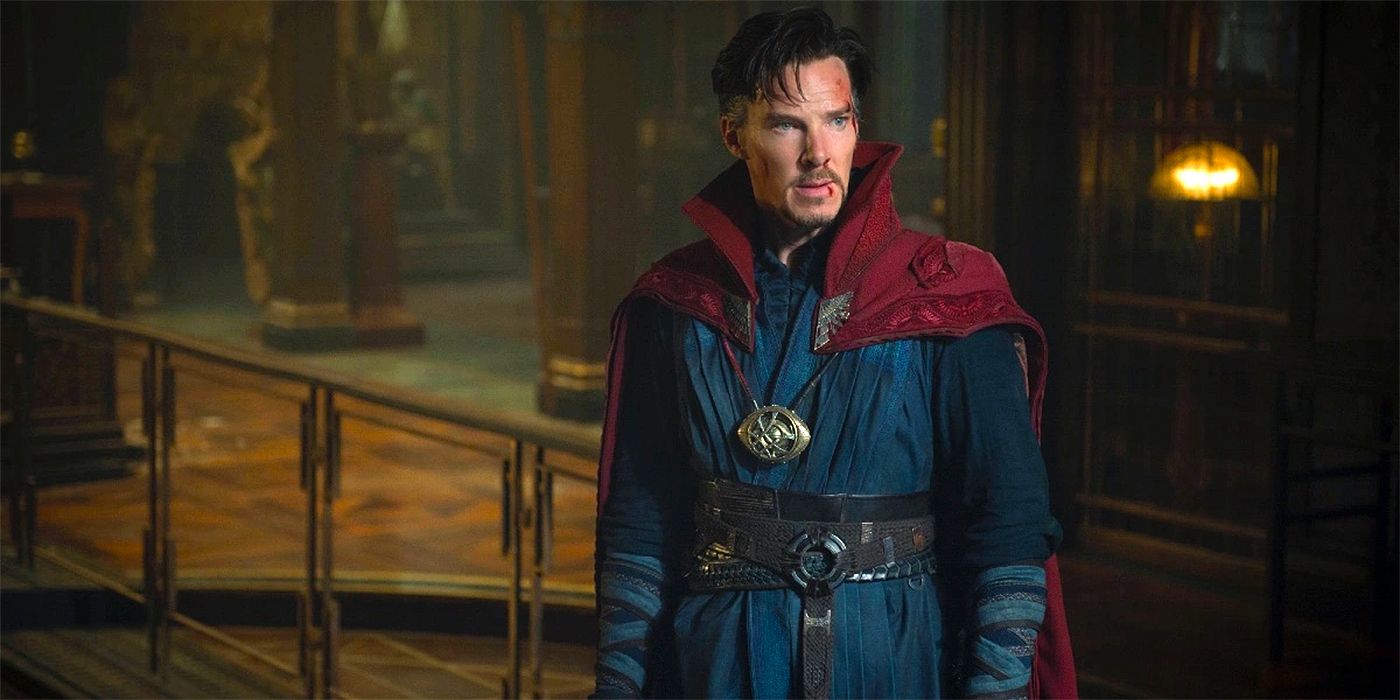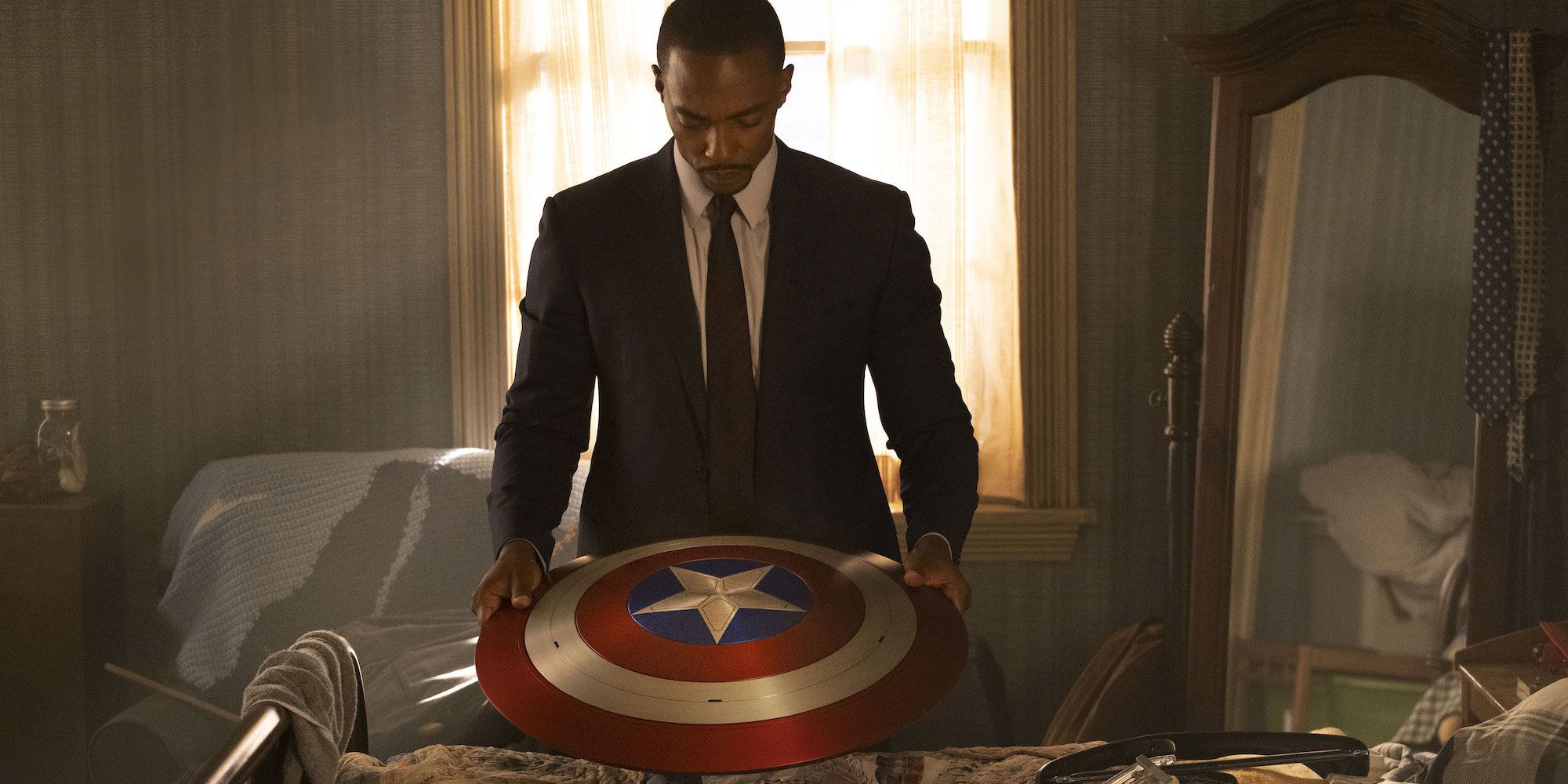"Are the Avengers even like a thing anymore?" Jason Ionello asks at the beginning of Spider-Man: Far From Home. He's echoing the thoughts of countless Marvel fans, who -- having witnessed the climax to Avengers: Endgame just a few months earlier -- wondered where the Marvel Cinematic Universe's biggest collection of do-gooders might be headed. The team successfully reversed the Snap and stopped Thanos but at the cost of many of its core members, leaving the fate of the Avengers in open doubt. And more than two years after Ionello asked the question, the MCU has yet to formally answer it.
That mystery, in turn, makes one wonder if someone like Doctor Strange would even consider himself an Avenger. The former Sorcerer Supreme finds himself at the de facto center of the MCU, with the burgeoning multiverse and a new movie in the franchise's traditional pole position of an early May release. But while it would feel same to assume Strange would be among the team's remaining members, according to Benedict Cumberbatch, who formally answered the question in a recent interview, the issue isn't that simple.
Why Doctor Strange Isn't an Avenger, According to Benedict Cumberbatch
Cumberbatch spoke about the character and his relationship with the Avengers in a recent interview with KCRW. He stipulated that Strange is "sort of outside of that realm," and his battles in mystic arenas only rarely cross over in the Avengers' more straightforward duties. The first Doctor Strange movie intimated that its threats were the kind that the Avengers were unprepared for, drawing a sharp distinction between the superhero team and the Masters of the Mystic Arts.
The MCU hasn't officially confirmed that assessment, but neither has it discouraged it, and there are a number of onscreen details to support Cumberbatch's reasoning. He never stayed in the Avengers compound or Stark Tower, and besides recruiting Tony at the beginning of Avengers: Infinity War and the fight with Thanos, his heroics haven't overlapped with those of the superhero team. And with the dangers of the multiverse expanding and Wanda Maximoff potentially going rogue, he has pressing issues above and beyond re-forming a group that he never belonged to in the first place.
After Endgame, Do the Avengers Still Exist in the MCU?
Of the six core Avengers, only Bruce Banner is still active in any capacity. Tony Stark and the Black Widow are both dead, Steve Rogers is permanently retired, Thor is off-planet (possibly for quite some time), and while Clint Barton could always return, he seems pretty dedicated to his own retirement. And the remaining Avengers are a heavily mixed lot, to say the least. Vision died, like Iron Man and Black Widow, and the status of his "replacement," the White Vision, is unknown. The Scarlet Witch appears to have permanently renounced her status in the team, while figures like Okoye, Nebula, Rocket and the Winter Soldier were always nominal members at most. Even Spider-Man referred to his membership in the past tense in Spider-Man: No Way Home.
That said, a number of prominent heroes remain a part of the team -- in spirit if not in name -- and could re-form into a new incarnation without much trouble if needed. Sam Wilson makes a ready leader as the new Captain America, and the same goes for Carol Danvers and James Rhodes. Ant-Man and the Wasp can also be counted on, as well as potential new members like She-Hulk and Shang-Chi. So, while the MCU clearly intends to make room in its roster for the Fantastic Four and the X-Men, it's safe to assume that the Avengers will return in some form or another -- just don't expect Stephen Strange to be among their ranks.



